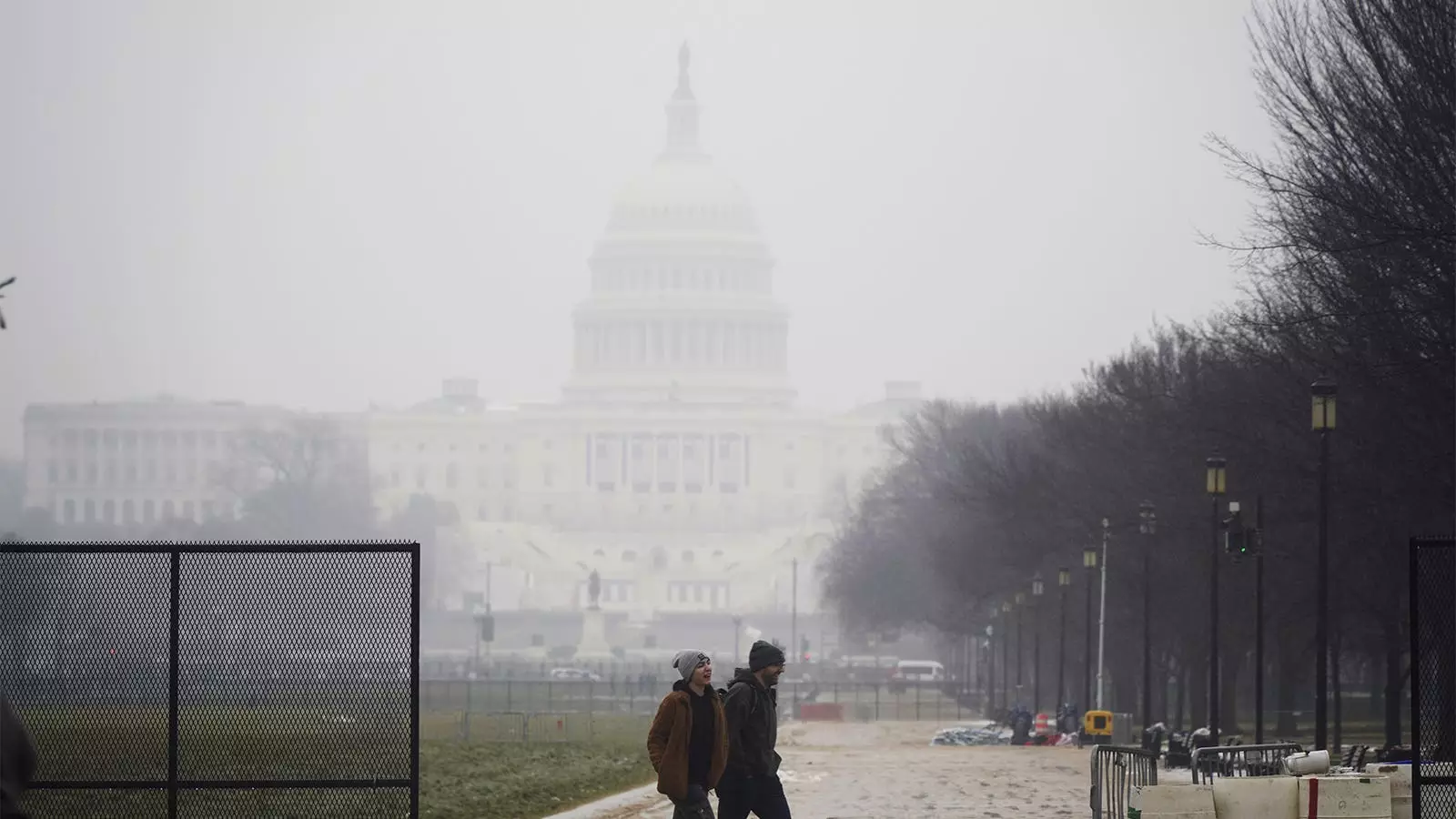The commencement of Donald Trump’s second term has ushered in a flurry of executive actions, signaling a clear intention to reshape both national and international policy frameworks. Among these sweeping changes, the most contentious was the withdrawal of the United States from the World Health Organization (WHO). This article will analyze the implications of Trump’s decisions, the responses from health experts, and the potential impact on global health initiatives and U.S. policy.
Upon taking office, President Trump reiterated his administration’s stance on the WHO, asserting that the organization had fallen short in its global health governance and particularly in its response to the COVID-19 pandemic that originated in Wuhan, China. Trump argued that the WHO had not only displayed a lack of independence from Chinese influence but had also failed to implement essential reforms to improve its operations. The directive issued by Trump emphasized financial disparities, citing that the U.S. contributes disproportionately compared to other nations, particularly China. The contrasting financial commitments of countries like China, relative to their population sizes, were leveraged to justify his administration’s withdrawal.
However, this unilateral decision reflects a broader trend of isolationism which raises critical questions about America’s role in global health governance. Critics, like Tom Frieden, the former CDC director, articulated grave concerns regarding the potential consequences of such disengagement. He argued that rather than enhancing safety, withdrawing from WHO could exacerbate global health crises, as WHO’s infrastructure and expertise remain crucial in responding effectively to pandemics and other health emergencies. The point raised by Frieden reminds us that addressing complex health issues often requires collaborative global efforts, a notion starkly opposed by isolationist policies.
Additionally, Trump’s executive orders extended beyond the WHO, targeting several health-related initiatives established by the Biden administration. Many of these measures aimed to enhance healthcare access, promote worker safety amidst COVID-19, and lower prescription drug costs, all pivotal amidst a global pandemic recovery. Trump’s rescindment of these measures poses significant threats to public health progress.
The cancellation of workforce protections and initiatives geared towards increasing access to healthcare suggests a prioritization of an ideologically-driven agenda over evidence-based public health strategies. Such actions could lead to greater disparities in healthcare access, particularly for marginalized communities. Furthermore, the cancellation of support for the Affordable Care Act’s health insurance exchanges appears counterintuitive, considering the rising number of uninsured individuals who rely on these systems during tumultuous times.
Complementing his health policy reversals, Trump also announced the withdrawal from the Paris Climate Agreement. His explanation centered on the assertion that such international agreements do not reflect American values and burden the U.S. economy. In this vein, environmental policy—intertwined with public health—was lost as a casualty of an administration focused primarily on immediate economic concerns rather than long-term sustainability and public health imperatives.
Climate change is more than an environmental issue; it is a crucial determinant of health. The withdrawal from environmental commitments signals a retreat from recognized risks associated with climate change, including increased rates of respiratory illnesses and heat stress. Experts argue that acknowledging and addressing environmental factors is essential for holistic public health policies, thus raising further concerns about the administration’s long-term strategy.
As Trump reiterated his commitment to “putting America first,” the implications of this agenda extend far beyond national borders. The refusal to engage with international health organizations and environmental initiatives signifies a marked shift in how the U.S. engages with global governance. Excessive focus on domestic issues to the detriment of collaborative strategies may prove detrimental not merely to international relationships but also to domestic health security.
The early days of Trump’s administration reveal a polarizing approach to U.S. health and environmental policies. This pivot raises critical questions about the role of the U.S. in a globally interconnected world, especially in times of health crises. As the landscape of global health continues to evolve, the need for robust international cooperation cannot be overstated. The ongoing debate surrounding these executive actions will undoubtedly shape the future of both American and global public health policy. As such, the choices made in the coming months may resonate well into the future, demanding careful scrutiny and engagement from both policymakers and public health advocates alike.


Leave a Reply